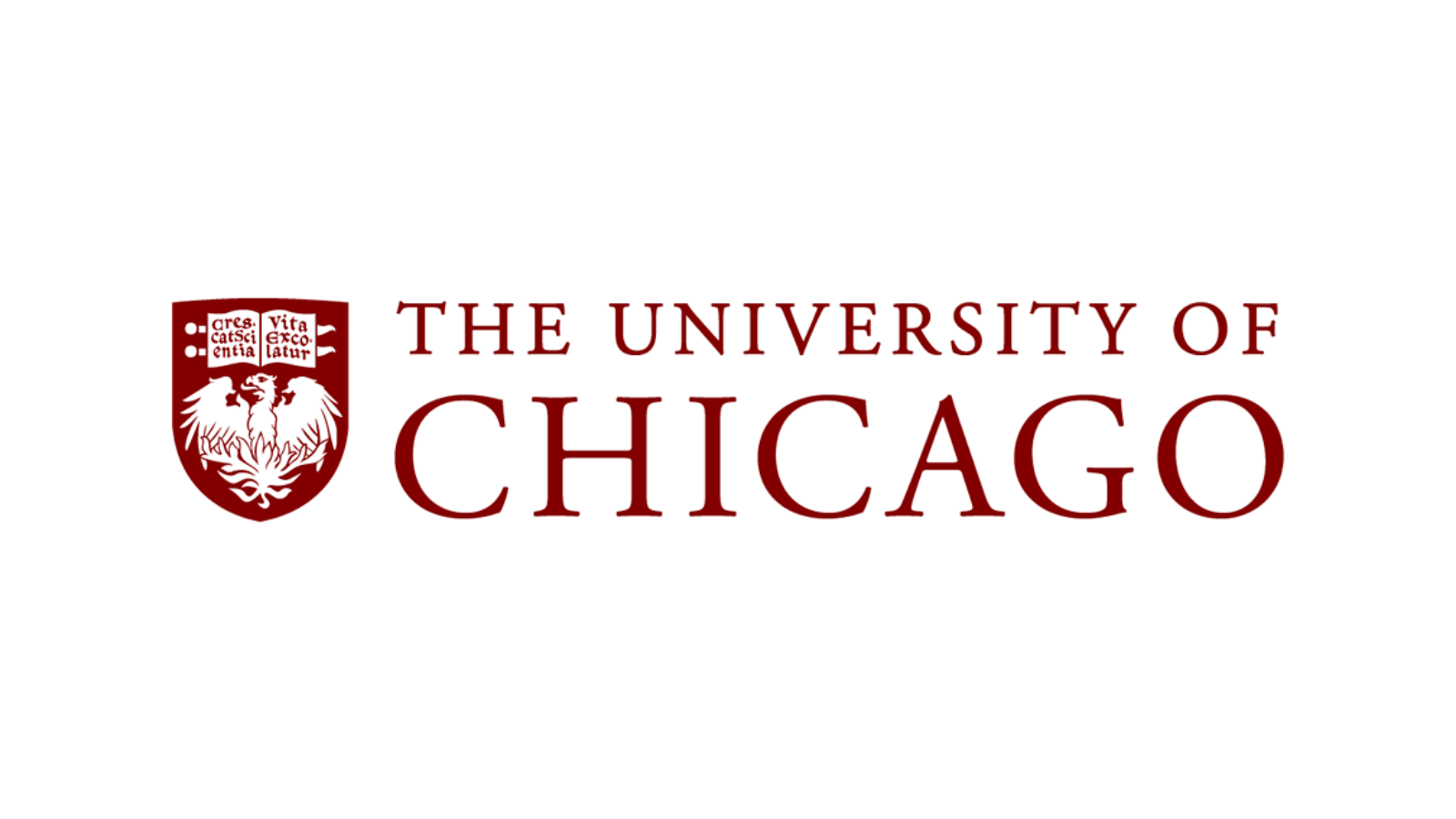In early February, a group of University of Chicago (UChicago) students, local activists, and community residents held a virtual event calling on the university to pay reparations to the South Side Chicago community. The groups involved included the student-led UChicago Against Displacement (UCAD) organization and community groups Southside Together Organizing for Power, Not Me We, and the Community Benefits Agreement Coalition, which partnered with the university’s Center for the Study of Race, Politics, and Culture to host the event.
In an open letter, UCAD proposed a list of demands that calls on UChicago to do the following:
- Provide $50 million each year in grant funding over 20 years, totaling $1 billion, to support long-term affordable housing in the area
- Contribute $20 million annually to fund local schools and rental assistance programs
- Reaffirm its agreements to not expand into the Woodlawn and Washington Park neighborhoods
- Bolster its employer-assisted housing program for working-class and low-income employees
- Support the expansion and creation of STEM programs in local schools
Along with the demands, UCAD’s letter in The Chicago Maroon, the university’s student newspaper, highlighted the school’s dark history regarding slavery, gentrification, and racially discriminatory housing practices as major factors in the need for community reparations.
“We at [UCAD], too, believe that the South Side is owed reparations,” the essay reads. “The University exists as a legacy of chattel slavery. Moreover, it has been an active participant in segregation, redlining, and supporting developments that work to isolate the University from its neighbors and put Southsiders at risk of displacement from their homes.”
A UChicago spokesperson responded to the op-ed and noted the university’s commitment to the South Side but did not address the specific demands.
“One of the University of Chicago’s most fundamental and critical relationships is with Chicago’s South Side,” the spokesperson told Block Club Chicago, a local publication.
“… The [u]niversity has engaged with community concerns over many years and is taking many of the steps that community residents and elected officials have suggested.”●
This article was published in our April 2022 issue.





















